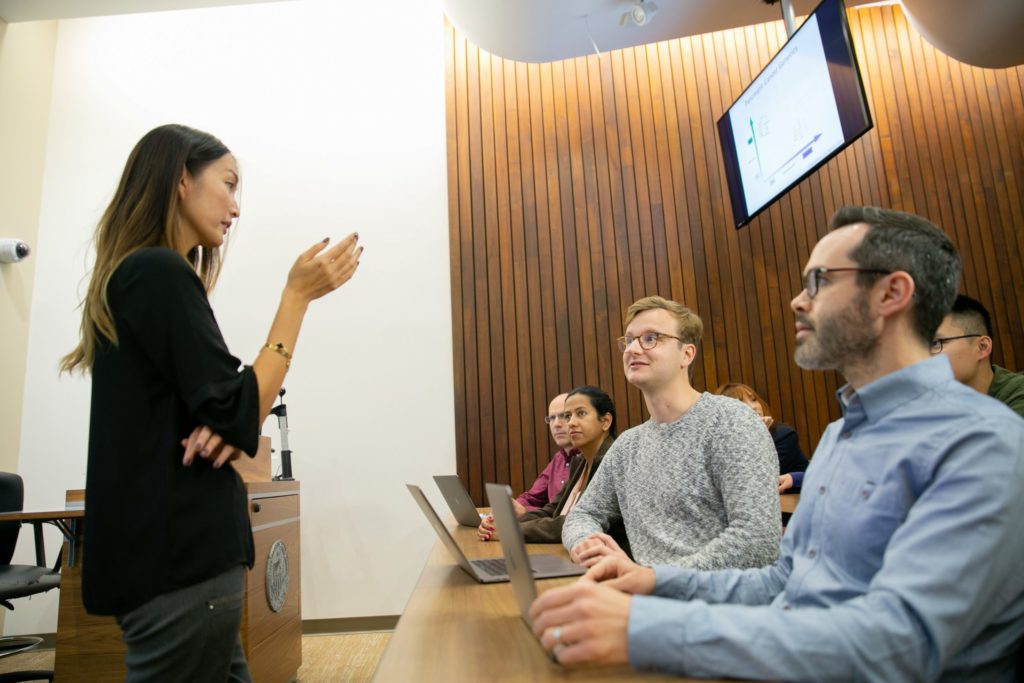USC Norris Comprehensive Cancer Center
An NCI-designated Comprehensive Cancer Center
Cancer Epidemiology Program
The overarching mission of the Cancer Epidemiology (CE) Program is to investigate the determinants of cancer risk and progression through epidemiological studies strongly grounded in the relevant biology. The program also includes the development of novel biostatistical approaches that incorporate complex biological measures from population-based studies to elucidate mechanisms and pathways.
The program has three specific aims:
- Elucidate the role of genetic factors in cancer etiology and outcomes with emphasis on different racial/ethnic populations.
- Elucidate the role of environmental and lifestyle factors in cancer etiology.
- Develop methods for integrative statistical analysis of ‘omics’ data in environmental and genetic epidemiology research in cancer.
The program co-leaders, Wendy Setiawan, PhD, and Christopher Haiman, ScD, have complementary recognized expertise in cancer epidemiology and genetics, and immunology, biomarkers and biobanking, respectively.

The 22 members are faculty in the Keck School of Medicine of USC and represent two departments at USC. These members are international leaders in identifying the etiology of prostate, breast, pancreatic, liver, colorectal, acute lymphoblastic leukemia and lymphoma/myeloma, with a focus on elucidating the underlying causes of disparities in risk.
The program members direct important population-based resources that provide cases and samples for the NCI funded grants including the Multiethnic Cohort, the California Birth Cohort and the USC Residual Tissue Repository, as well as only one of two biostatistical methodology P01s awarded by NCI. In recent years, CE members have made novel discoveries including:
-
-
- comprehensive identification of genetic risk factors for prostate cancer, breast cancer, acute lymphoblastic leukemia (ALL), and multiple myeloma (MM) in different racial/ethnic groups;
- identification of potentially carcinogenic molecular signatures in e-cigarette users;
- elevated risk of pancreatic cancer among individuals with late-onset diabetes in African Americans and Latinos;
- cytomegalovirus as a novel risk factor for ALL and MM;
- development of a multiethnic polygenic risk score for aggressive prostate cancer that is being translated to a clinical study with collaborators in the TACS Program, and
- demonstration that exposure to air pollution is a risk factor for breast and brain cancer and is associated with decreased survival from brain, lung and liver cancer.
-

